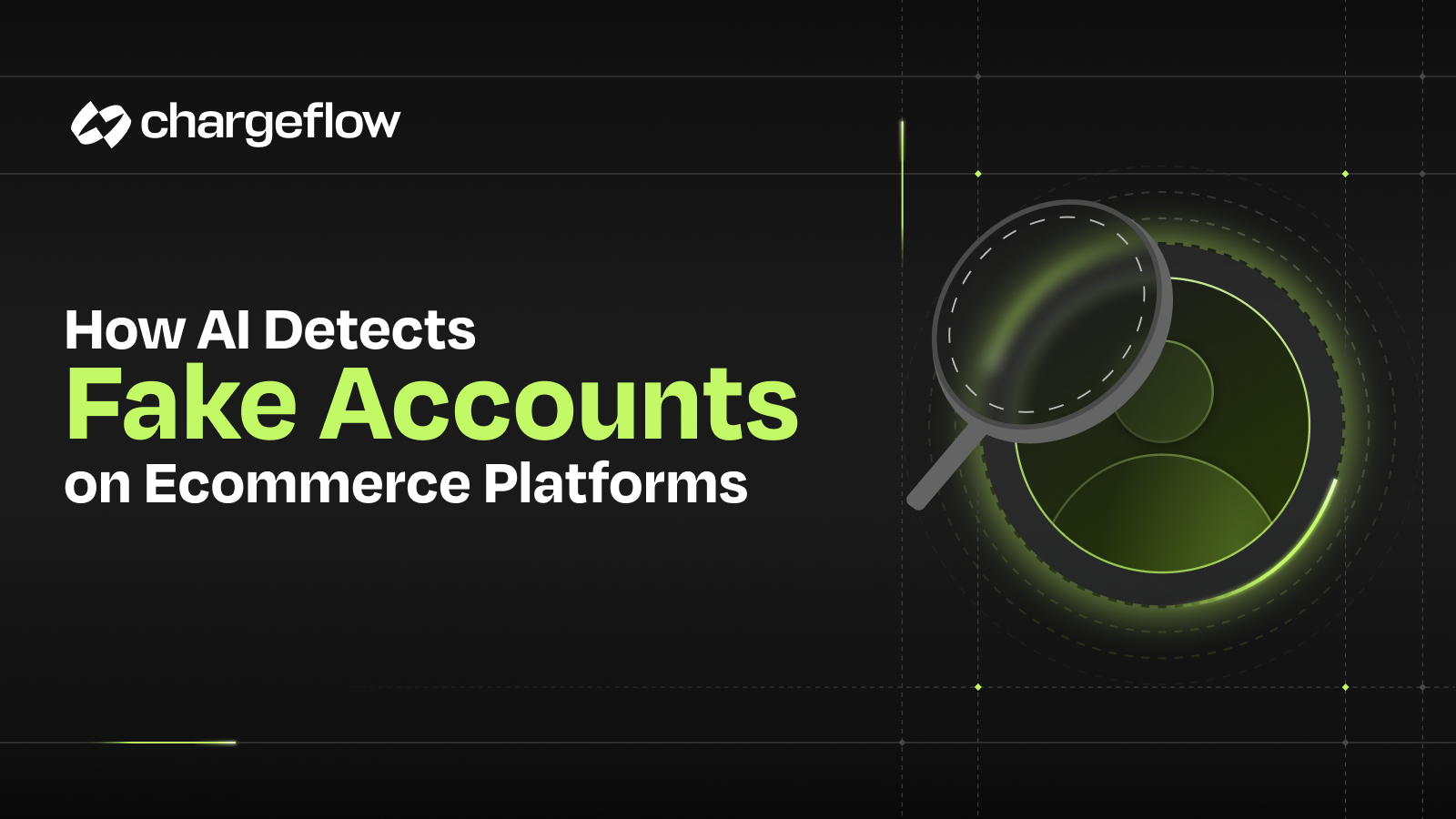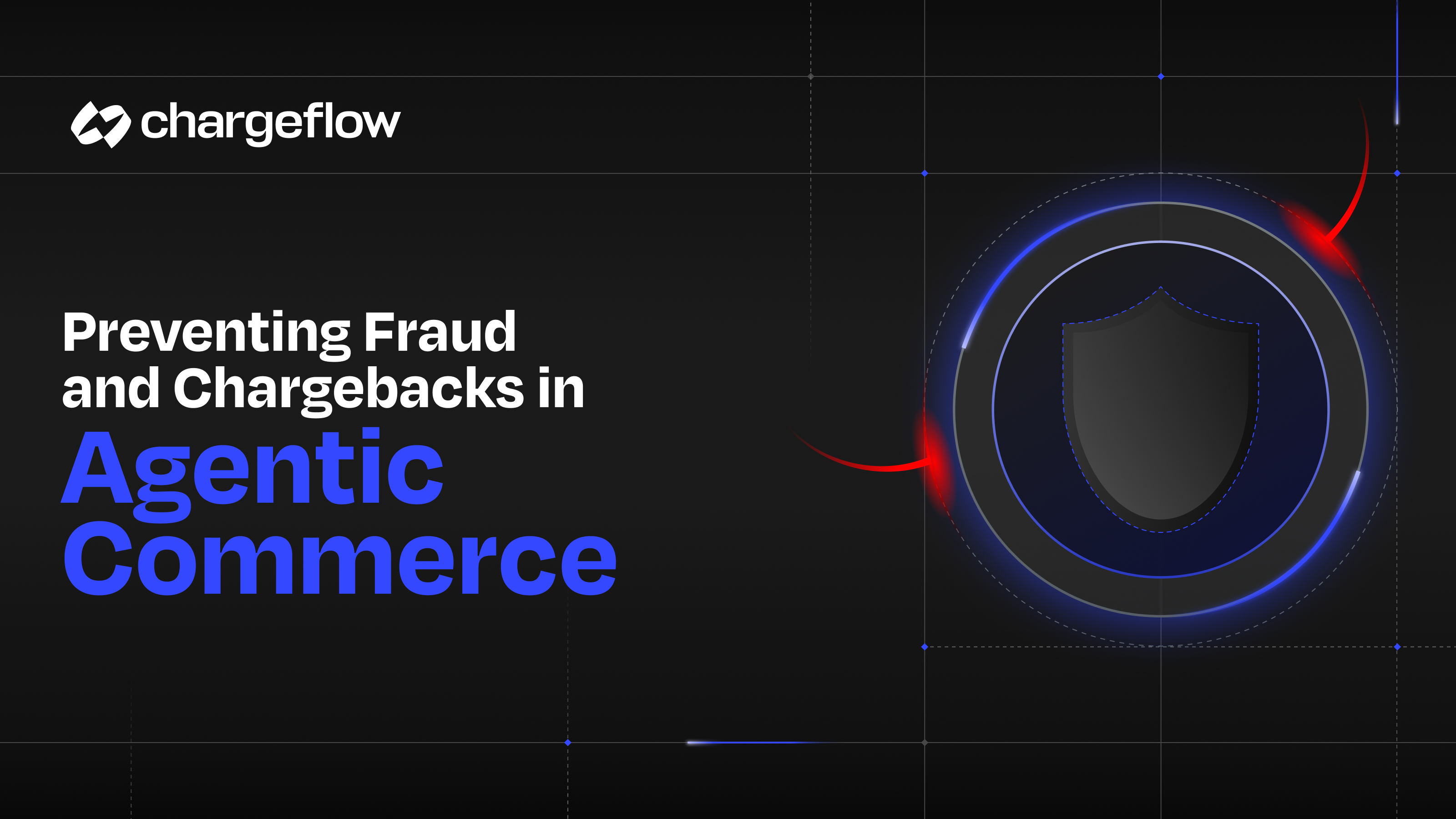Beware of False Chargeback Claims: Protecting Merchants Against Fraudulent Disputes

Chargebacks?
No longer your problem.
Recover 4x more chargebacks and prevent up to 90% of incoming ones, powered by AI and a global network of 15,000 merchants.
Don't fall victim to false chargeback claims! Learn how to protect your business from fraudulent disputes and keep your revenue secure.
As an online store owner, you’re not immune from disputes and fraudulent chargeback claims—but there are ways to minimize the risk. In fact, understanding how bank card networks manage customer disputes can help you protect your business against false chargeback claims.
By learning about your rights as a merchant and arming yourself with the facts, you can avoid potential problems and retain more funds in your account.
So let’s dive into customer fraud and dispute resolution: what makes them happen, why they should be taken seriously, and how merchants like you can reduce their occurrence with preventive measures.
Common types of False Chargeback Claims
1. Friendly fraud
Friendly Fraud also referred to as chargeback fraud, is a type of credit card fraud where the cardholder reverses and voids payment after services have been rendered. Oftentimes, this is done intentionally by the cardholder with no intention of using the goods or services received.
An example of friendly fraud would be a customer ordering an item online, having it shipped to their home, and then requesting that their bank reverse the charges due to an alleged discrepancy in their order.
Another example of friendly fraud occurs when a person uses a stolen credit or debit card to make purchases and then claims they were not made by them after receiving their goods or services. Friendly fraud can cause headaches for business owners as they are required to pay fees and other costs associated with each chargeback request.
2. Cyber shoplifting
Cyber shoplifting is a form of theft involving the use of computer technology. It takes place through the use of actions such as hacking websites to access and steal products that are meant to be purchased, manipulating billing information, or using stolen credit card information to buy items without actually paying for them.
Cyber shoplifting can also take place on popular auction sites, where there is no verification process in place and stolen goods can easily be sold at discounted prices. In extreme cases, malicious software can be used to gain access to personal details which could then be used to undertake unauthorized and fraudulent purchases.
3. Criminal fraud
Criminal fraud in chargebacks is a form of illegal activity perpetrated against merchants to gain financial success, by using stolen and/or counterfeit payment methods. This typically includes debit or credit card information, such as name and account numbers that are used without permission from the actual account holders.
Examples include using stolen cards or providing false information on returns to create multiple chargebacks on one purchase. Merchants should be aware of these types of criminal activities and take necessary steps to prevent chargeback losses.
How do false chargeback claims impact merchants?
A. Financial losses
False chargeback claims can result in financial losses for the merchant. When a customer files a chargeback, the merchant is typically required to refund the payment and may also face additional chargeback fees from their acquiring bank. This can be particularly damaging for small businesses or those with tight profit margins.
B. Damage to reputation
False chargeback claims can also damage a merchant's reputation. Too many chargebacks can signal to payment processors and issuing banks that a merchant has a high risk of fraudulent transactions, potentially leading to a merchant's account being closed or payment processing capabilities being restricted.
Moreover, false chargebacks can negatively impact customer trust in a merchant's brand, particularly if the merchant is unable to effectively refute the chargeback claim.
C. Chargeback fees
Merchants may also face additional chargeback fees and penalties for high chargeback ratios. Payment processors and acquiring banks typically charge fees for each chargeback, and if a merchant's chargeback ratio exceeds a certain threshold, they may be subject to penalties and fines.
Preventing false chargeback claims
Best practices for fraud prevention
Best practices for fraud prevention involve many steps and procedures to ensure the safety of customer transactions. Payment authentication, such as requiring extra verification on orders that have any discrepancies, is crucial when it comes to preventing fraudulent activity.
Shipping verification is also an essential component of fraud prevention since it requires a customer's address to be checked and verified prior to an order shipping out.
Finally, having customer service policies in place that limit contact information and privacy while also maintaining contact logs are key measures that need to be taken when tackling fraudulent activity. By implementing these best practices, businesses can be well on their way to preventing fraud.
Communication with customers
Effective Communication with customers is key to fraud prevention. It is important to have a process in place that keeps customers informed before and after purchasing goods or services, as this can greatly reduce the potential for fraud.
Pre-purchase communication involves gathering relevant customer data, providing product or service information, and outlining associated privacy policies. Initiating post-purchase contact can also be important; this could encompass regularly displaying account balance info and alerting customers of irregular activity on their accounts.
All forms of communication between customers and vendors should be two-way; this allows for a more personalized interaction which reinforces customer confidence in the company’s security procedures. With appropriate communication practices, businesses can ensure their customers remain safe from fraud.
Chargeback representment
As eCommerce continues to increase, so do chargebacks. To combat the rising difficulties, merchants should consider utilizing a representment strategy. Representment is the process of disputing a chargeback with the issuing bank to recover lost revenue through evidence and defense points.
By submitting comprehensive, persuasive documentation to prove that a customer received goods or services as promised, it may be possible for merchants to resolve chargebacks in their favor. This can result in substantial cost savings since many issuing banks will not assess penalty fees for fraud prevention when presented with proper documentation during the chargeback resolution process.
Effectively using representment strategies can help reduce losses from fraudulent activity and should be seriously considered as part of an overall fraud prevention strategy.
Final Thoughts on False Chargeback Claims
Merchants need to be aware of the potential for false chargeback claims and take steps to prevent them. False chargebacks can have a significant impact on a business, both in terms of direct financial loss and indirect effects such as damage to reputation and increased costs. Chargeflow autopilot solutions can help you prevent chargebacks and fight disputes, so you can focus on running your business.

Chargebacks?
No longer your problem.
Recover 4x more chargebacks and prevent up to 90% of incoming ones, powered by AI and a global network of 15,000 merchants.






























.png)








